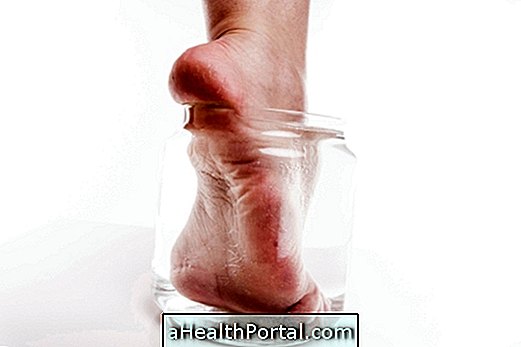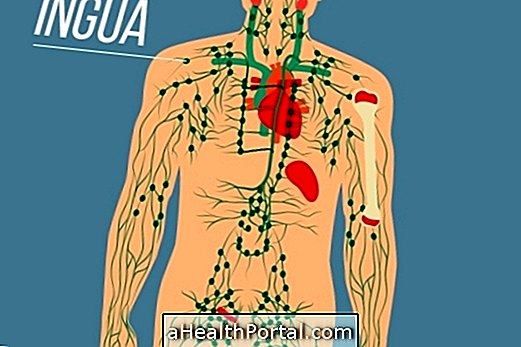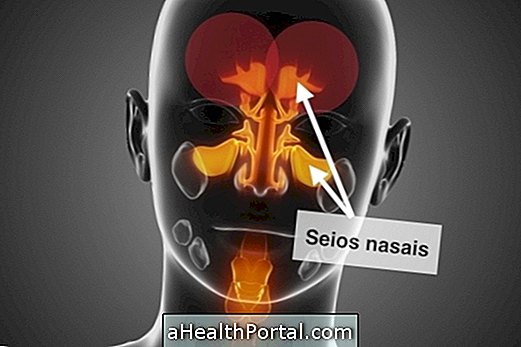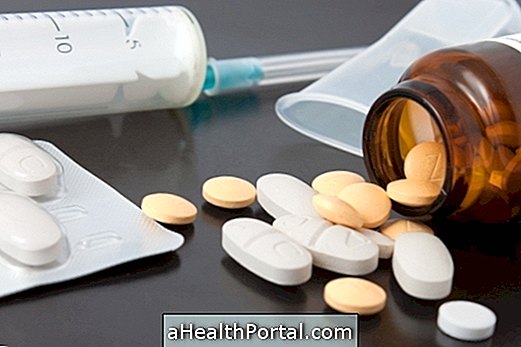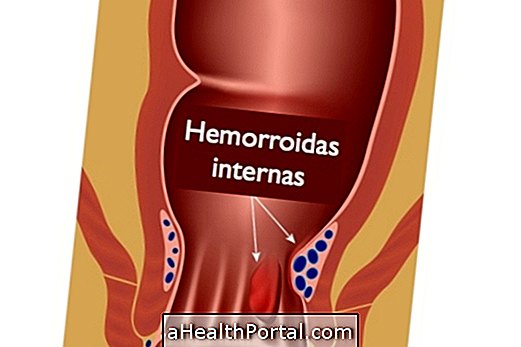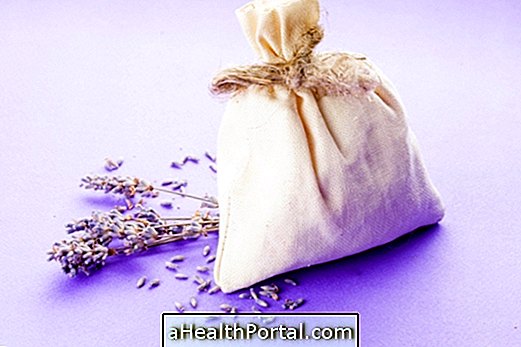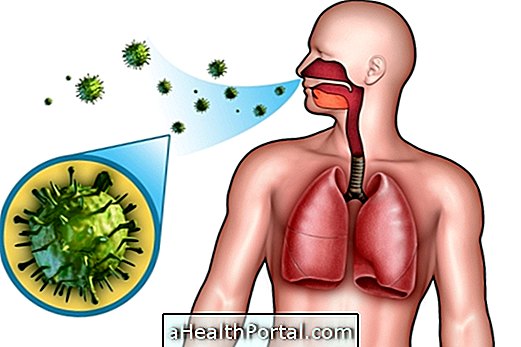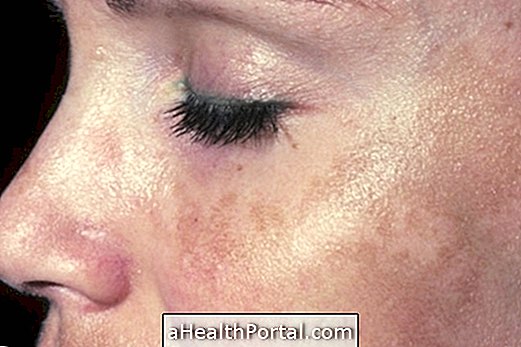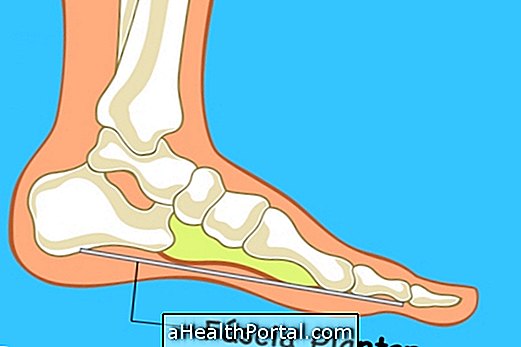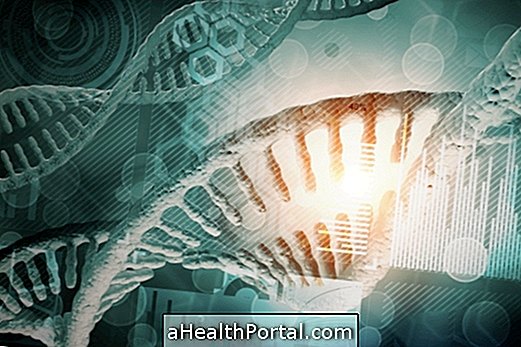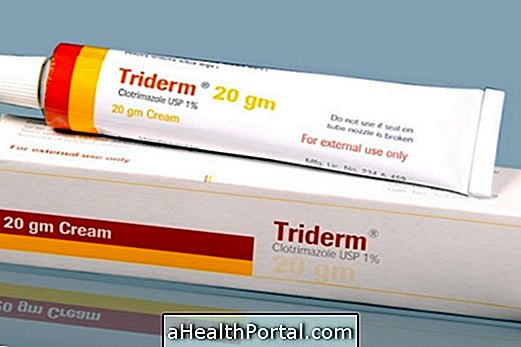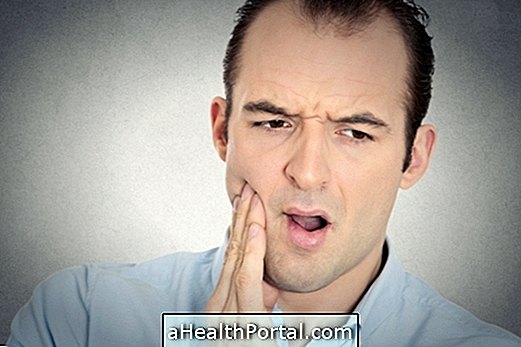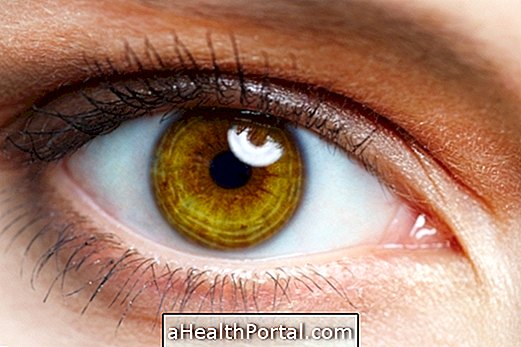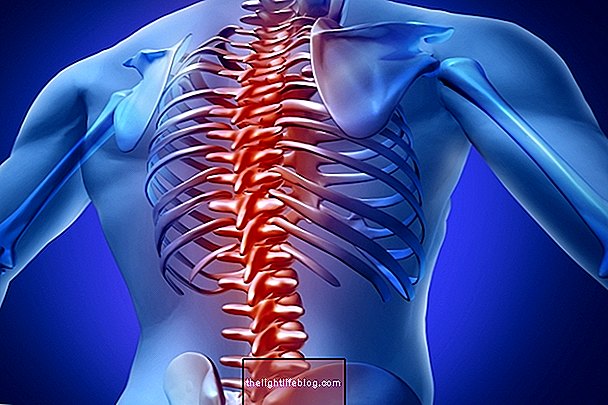The symptoms of early menopause are the same as the common menopause, with problems such as vaginal dryness and heat waves , which begin before 40 years of age. When these symptoms appear between the ages of 40 and 45, it is called early menopause.
It occurs mostly in women with mothers or sisters who have had the same problem of early menopause, but can also arise due to factors such as smoking, tubal ligation, removal of the uterus and ovaries and use of treatments such as radiotherapy and chemotherapy, for example.
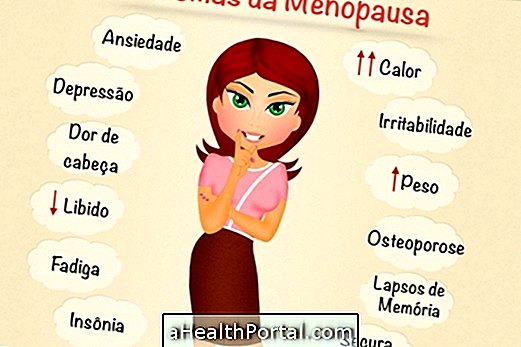
Thus, one must be aware of the following signs and symptoms that may indicate early menopause:
- Insomnia
- Vaginal dryness
- Humorous oscillations
- Decreased libido
- Irregular menstruation
- Weight gain
- Osteoporosis
- Lack of energy
- Depression
Although they are the same as menopause, it is common for them to be felt more intensely because of the sudden disruption in the production of sex hormones. Take our online test and find out if it's really menopause.
How is the diagnosis
The diagnosis of early menopause should be made by the gynecologist, and is usually done when there is no menstruation or when it is irregular and through blood tests that allow the dosage of the hormones FSH, estradiol and prolactin, a test pregnancy test that evaluates the possibility of gestation or a genetic test.
When there are no symptoms, premature aging of the ovaries is usually diagnosed only when the woman is trying to get pregnant and has difficulty, or when performing hormone treatments to assess her fertility.
In addition, premature aging of the ovaries can cause problems other than decreased egg numbers, such as increased chances of miscarriage, poor quality of remaining eggs or increased chances of genetic disease, increased risk of developing heart disease or bone disease osteoporosis, and a greater tendency to have problems with depression or anxiety.
Causes of Early Menopause
Early aging of the ovaries can lead to an early menopause, and this can be caused by factors such as:
- Genetic changes in the X chromosome that can be diagnosed through a genetic examination;
- Mother or grandmother with a history of early menopause;
- Autoimmune diseases;
- Enzymatic deficiencies such as galactosemia, a genetic disease caused by the lack of the enzyme galactose, can lead to the onset of early menopause;
- Chemotherapy and overexposure to radiation as occurs in radiation therapy, or to certain toxins such as cigarettes or pesticides;
- Some infectious diseases such as Mumps, Shigella infection and malaria, may also rarely cause Early Menopause.
In addition, removal of the ovaries through surgery in cases of ovarian tumor, pelvic inflammatory disease or endometriosis, for example, also causes early menopause in women, as there are no more ovaries to produce estrogen in the body.
Treatment for early menopause
Hormone replacement is the treatment of choice in cases of early menopause, and is done through the use of hormone-based estrogen-based medications, responsible for regulating the menstrual cycle and preventing complications such as osteoporosis and heart disease, which are more common in women with precocious menopause.
In addition, it is important to regularly practice physical activity and eat a balanced diet, avoiding the consumption of sweets, fats and processed products such as bacon, sausage and frozen food, to avoid excessive weight gain, and increase the consumption of whole foods, seeds and soy products in the diet, as they aid in hormonal regulation.
See more tips on natural strategies for feeling better in menopause in the following video:

